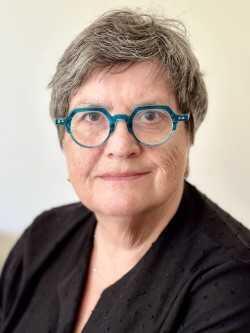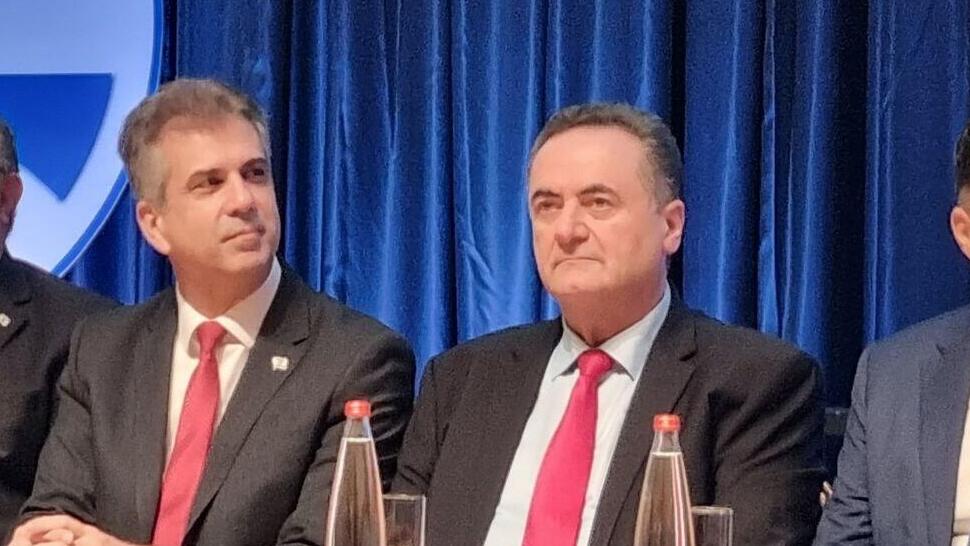There is a tendency to blame "hasbara" (Israel's public advocacy, literally "explanation") for Israel's international standing. It must be said - not everything can be explained away. But what can, requires resources. Therefore, outgoing Foreign Minister Eli Cohen is to be congratulated for reaching a new labor agreement with the ministry's dedicated workers. Hopefully, incoming minister Israel Katz will follow suit, and will also consider my suggestion to improve the ministry's capabilities, by adopting a common diplomatic practice: allocating personnel and budgets according to set criteria, rather than by convenience and supposed prestige, as is common in Israel.
Read more:
The two embassies I headed, Riga in Latvia and Pretoria in South Africa, are good examples of the current situation. About two million people live in Latvia, of whom there are some 5,000 Jews. More than 60 million people live in South Africa, among them 50,000 Jews.
South Africa is twenty times larger in size than Latvia, as is its trade with Israel. Riga is host to Latvia's government and is the center of business, academia and so on. South Africa's government sits in Pretoria. An hour's drive away is Johannesburg, focus of business, media and culture. Parliament is in Cape Town, which requires a two-hour flight. If all that were not enough, the embassy in South Africa is accredited to five more countries.
It goes without saying that the burden in Pretoria is far larger than in Riga, and therefore surprising that the number of diplomats in both embassies is identical – ambassador, deputy and consul-administrative officer. Why? Because. There are ways to prevent such anomalies. I will touch on two.
Some countries grade foreign missions according to their importance. It could be the international standing of the host country (Latvia is a member of the EU and NATO while South Africa is influential in the continent and beyond), the size of the Muslim population, potential for tourism and so on. Each item is evaluated, the overall importance is determined, budgets and personnel (the number of emissaries and their rank) are allocated according to the result, and the situation is reviewed periodically to see if changes are required.
2 View gallery


Pro-Israel demonstration outside the Israeli Embassy in Pretoria, South Africa, May 17, 2021
In addition, many foreign services require diplomats to serve in hardship posts. What is considered hard? Again, whatever is decided: distance from home, air and water quality, personal security and more. Israel provides bonuses to those who serve in places deemed hard, but they are apparently not enough.
Therefore, in addition to proper compensation, rotation is required. In some diplomatic services, one in every three stints must be in a hardship post. A numerical value can be attached to hardship. You served in a minus 3? Time for a plus 3. Without a combination of compensation and rotation, few diplomats request difficult postings, even if objectively they are important.
Absent a system, someone who served as deputy ambassador in Great Britain will aim to become ambassador to Denmark. At the same time, a sole candidate will be appointed to a post that is no less important, but not as convenient. Having reached an important post in head office in Jerusalem, where will this West Europe veteran allocate money and people? And so on, in a vicious cycle.
 Tova Herzl
Tova HerzlThis is not to say that there are no good people in less popular postings – some seek a challenge, others like a particular region and ask to return. However, that is not enough to ensure systematic distribution of human resources.
Distinguished minister, the current situation harms us all. You have a unique opportunity to make vital changes. Who will object and on what grounds, if in your second term as foreign minister, you will ensure that personnel and budgets are henceforth allocated efficiently? You would thus leave a long-term imprint not only on the ministry, but on the quality of Israel's representation abroad.
- Tova Herzl is a former Israeli ambassador to the baltic states and South Africa




